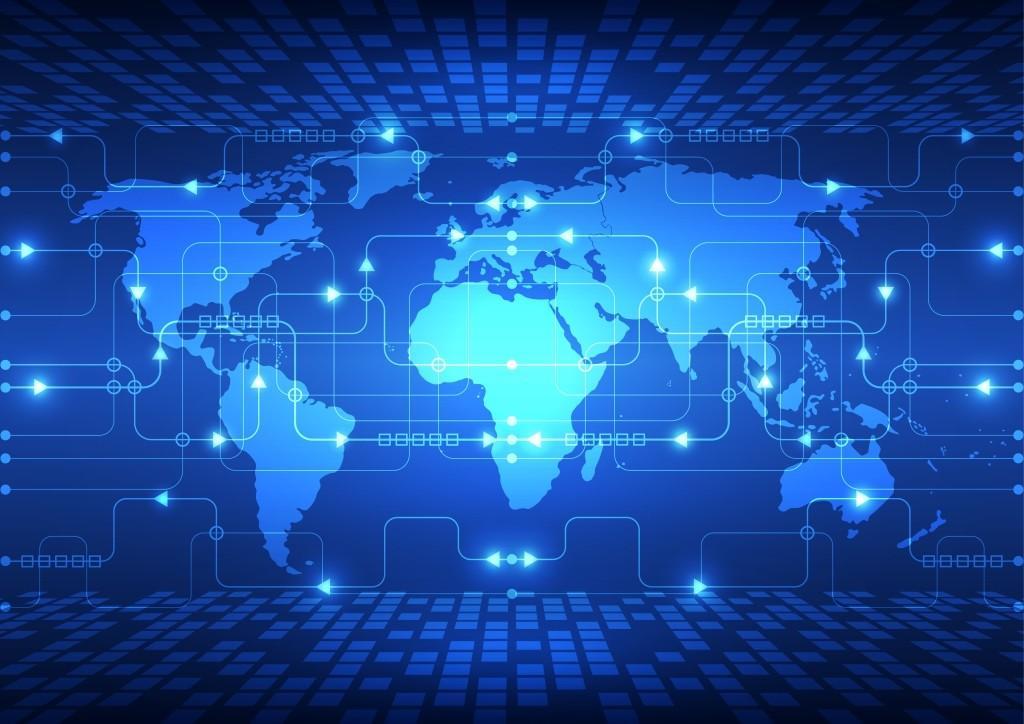Estonia’s political leaders are now choosing the country’s new head of state. The next president can, and should, build on his or her predecessor’s legacy to firmly establish Estonia as a global leader in the practical and political dimensions of cyber security.
President Toomas Hendrik Ilves’s ten years of leadership is coming to an end. As the country debates his legacy in both domestic and international affairs, virtually no one can deny that he has significantly elevated Estonia’s standing on IT and security topics worldwide. These efforts deserve praise and, even more importantly, continuity and expansion.
Estonia’s political leaders are now choosing the country’s new head of state. The next president can, and should, build on his or her predecessor’s legacy to firmly establish Estonia as a global leader in the practical and political dimensions of cyber security.
Estonia is punching above its weight
In the last decade, Estonia has garnered substantial international attention as both the target of cyber attacks and as an example of how to overcome those threats. The large-scale flooding of Estonia’s banking, government and media websites in 2007 landed on the front pages of newspapers around the world. Estonia, however, overcame that crisis and used it become a leader in the field.
The founding of the NATO Cyber Defence Centre in Tallinn, the creation of two national cyber security strategies and innovative structures, such as the Estonian Defence League Cyber Defence Unit, have earned Estonia a reputation as a leader in this field both among our allies in NATO and the European Union, but also across the Atlantic and around the world. Today, political leaders and company executives from dozens of countries every year visit to learn about how we handle this problem.
When Estonia speaks about cyber security, many countries care and listen. Its advice is sought for and valued. This niche leadership role has allowed the country to “punch above its weight” and be respected internationally. Small countries like Estonia rarely command such positions in international affairs; the next president should appreciate and develop this position.
“When Estonia speaks about cyber security, many countries care and listen.”
The security of interconnected computer networks will continue to grow in importance during the next president’s tenure, both in Estonia and around the world. Today, our electrical grids, water systems, financial transactions and communications all rely on critical digital networks. The confidentiality, integrity, and availability of the information on those networks has become essential for governments, companies and citizens alike.
This topic already affects, or will affect, virtually everyone around the world. Leadership in such a field is a major opportunity for Estonia’s foreign relations and national security.
A significant economic opportunity
Cyber security is also a significant economic opportunity. The global market for cyber security products and services is booming. Reports estimate that it grew from USD3.5 billion in 2004 to USD75 billion in 2015, and is forecasted to reach USD170 billion by 2020.
One of the core pillars of the country’s national cyber security strategy for 2014-2017 is to convert its political and diplomatic renown in this sector into economic success and income for our companies. Some enterprises, such as Cybernetica and BHC Laboratory, have already found clients and projects abroad. Perhaps the most successful Estonian enterprise in this sector, Guardtime, already has offices on multiple continents and is working with global companies like Ericsson and Lockheed Martin on high-visibility deployments.
“The global market for cyber security products and services is booming.”
An active and capable president can and should continue to work closely with these companies and further improve their global visibility. This is especially the case given the upcoming presidency of the European Union and in the context of recent multi-billion-euro investments into cyber security by NATO and the EU structures.
Such international engagement can help to create high-paying jobs in Estonia, boost the country’s economy and continue to bolster our reputation as a forward-looking and innovative nation committed to a free and secure internet for all.
A small country can be a world leader
Finally, it’s no secret that, despite this potential, cyber security isn’t exactly at the forefront of Estonia’s presidential debates or public discourse. Nor should it necessarily be. The president has many duties and responsibilities that have nothing to do with this role. The right candidate must command respect domestically and internationally on a wide variety of topics, from economic policy to military affairs and everything in between.
Pressing questions of administrative reform and social cohesion await the nominee’s first day in office. But, somewhere in the far back of their mind, every candidate can and should consider shouldering the responsibility of global cyber security leadership. Some candidates are more prepared for it than others, of course. But abundant resources exist, both in government and outside of it, to become wise on this topic very quickly and enlist expert support. For reasons of national security and prosperity, they should be taken advantage of and employed fully.
“Somewhere in the far back of their mind, every candidate can and should consider shouldering the responsibility of global cyber security leadership.”
In an editorial for the New York Times in 2013, president Toomas Hendrik Ilves noted that the technological revolution “is a paradigm transformation of our world: Notions of a nation’s size, wealth, power, military might, population and G.D.P. mean something altogether different from what they meant a generation ago. These relations are in constant flux, and old assumptions no longer hold. Today, a small, poor East European country can be a world leader in e-governance and cybersecurity”.
Estonia’s officials, companies and citizens are working every day to turn this vision into a reality. The next president should do his or her part as well.
I
The opinions in this article are those of the author. The cover image is illustrative.

